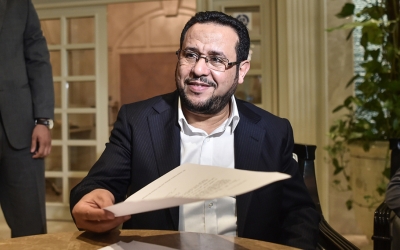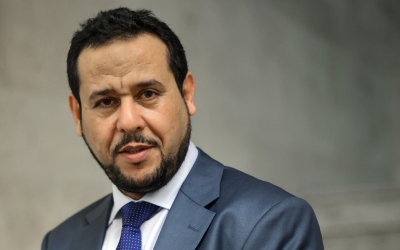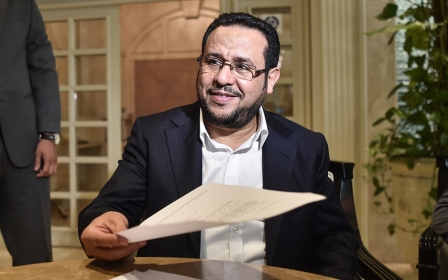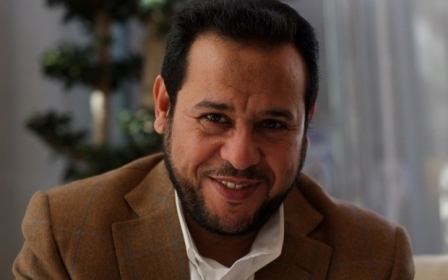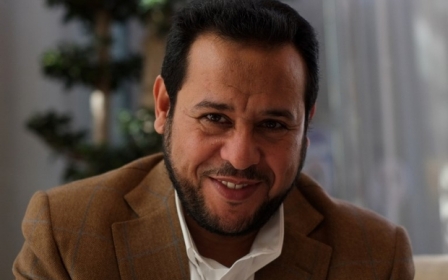UK spent $14m fighting Libya dissident Belhaj over rendition case
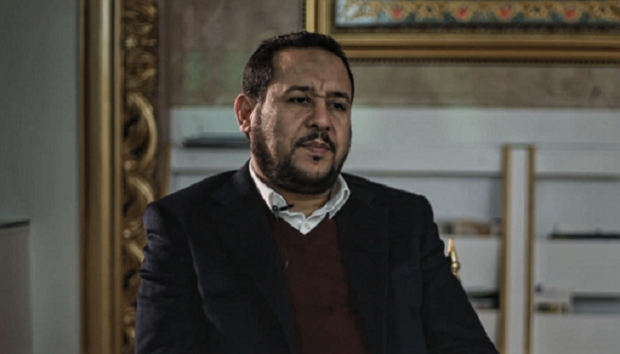
The UK government spent more than $14m of state funds resisting demands for an apology, compensation and prosecutions over the role of British intelligence officers in the 2004 rendition of a Libyan dissident and his wife.
Abdel Hakim Belhaj and Fatima Boudchar were seized and detained in 2004 in a secret operation carried out by the CIA based on information provided by the British foreign intelligence agency, MI6.
A freedom of information request has revealed that during eight years of legal action that eventually reached the Supreme Court, lawyers for the government were paid $5.7m while those acting for Belhaj and Boudchar received $8.9m.
Both amounts were paid for by the government.
The couple were detained in China in March 2004 as they were about to take a flight to the UK to claim asylum.
Instead they were deported to Malaysia, from where they were flown to Bangkok in Thailand and handed over to the CIA, which flew them to Tripoli, where they were subsequently tortured and Belhaj sentenced to death.
Belhaj, a leading opponent of the former Libyan leader Muammar Gaddafi, was released six years later.
Boudchar, a Moroccan who was four and a half months pregnant when she was abducted, was released shortly before giving birth.
In May last year, the British government apologised "unreservedly and unequivocally" for its role in what it called the "appalling treatment" of Belhaj and his wife.
Belhaj had always insisted he would settle for just £1 in compensation and an apology from the British government, while Boudchar received $675,000 in compensation.
'Astronomical cost to the taxpayer'
The series of cases involved multiple judicial review challenges of government decisions and the Crown Prosecution Service's conclusion not to charge Sir Mark Allen, MI6’s former head of counterterrorism. Allen has always maintained his innocence.
The couple's case was brought by Reprieve, a civil liberties organisation.
Speaking to the UK's Guardian newspaper, Katie Taylor, Reprieve's deputy director, said: "Abdul Hakim Belhaj and Fatima Boudchar were willing to settle for an apology all along, but rather than admit Britain's role in their rendition, the government resisted coming clean for years – at astronomical cost to the taxpayer."
The 2004 rendition took place at a time when Britain's Labour government under then-Prime Minister Tony Blair was developing a close and lucrative relationship with Gaddafi.
British government officials who did not want to be identified told Middle East Eye last year that the rendition operation was a "ministerially authorised government policy," while Richard Dearlove, head of MI6 at the time, has said: "It was a political decision, having very significantly disarmed Libya, for the government to cooperate with Libya on Islamist terrorism."
Dearlove led a high-powered delegation to discuss close cooperation with Gaddafi and his security chiefs shortly before the abductions of Belhaj and Boudchar, according to British court documents.
Middle East Eye delivers independent and unrivalled coverage and analysis of the Middle East, North Africa and beyond. To learn more about republishing this content and the associated fees, please fill out this form. More about MEE can be found here.


